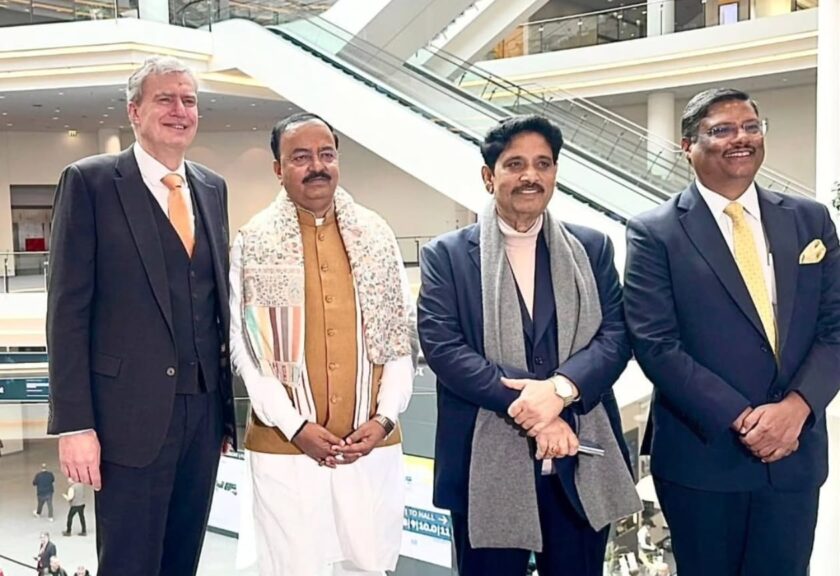Lucknow — In alignment with Chief Minister Yogi Adityanath’s vision of sustainable development and community empowerment, Eco Development Committees (EDCs) set up by the Forest and Wildlife Department are playing a transformative role in promoting eco-tourism while driving inclusive growth in Uttar Pradesh.
Operating effectively in and around the Pilibhit Tiger Reserve, especially in areas such as Chuka (Selha), Barahi, and Chauka Kheda, these committees have created new livelihood opportunities for local youth while simultaneously investing in the ecological and infrastructural upliftment of surrounding villages.
A Win-Win for Tourism and Local Livelihoods
Approximately eight EDCs are currently active in the Pilibhit region, and their contributions extend far beyond just tourism. These committees, backed by the Tiger Reserve Foundation, are training local youth to work as tourist guides, manage canteens, and lead awareness campaigns on conservation.
In addition to enhancing the visitor experience, EDCs are undertaking village-level development works such as:
-
Construction of rural roads
-
Installation of solar-powered street lights
-
Creation of ponds and small water bodies
-
Community engagement in ecological preservation

These initiatives are not only improving the standard of living in rural pockets but also ensuring that the benefits of tourism are shared inclusively with the communities that surround the forest areas.
Financial Support and Grassroots Impact
Each Eco Development Committee receives approximately ₹1 lakh annually from the Tiger Reserve Foundation. With this support, EDCs have collectively generated an income of ₹6 to ₹10 lakh annually, which is being reinvested in developmental and employment-generating activities.
This model has proven to be self-sustaining, as it empowers local stakeholders while reducing ecological pressure on forest lands by giving people alternate means of income. From constructing infrastructure to environmental education, the EDCs are emerging as grassroots institutions with multi-dimensional impact.
Model for Future Expansion
The success story of the Pilibhit Tiger Reserve suggests a promising template for replication. As eco-tourism continues to grow in India, Uttar Pradesh’s EDC model exemplifies how conservation, livelihood, and development can go hand-in-hand.
There are plans to expand the EDC network across other wildlife sanctuaries and forest reserves in the state. With greater community participation, such initiatives are poised to create more jobs, protect biodiversity, and promote responsible tourism.
As Uttar Pradesh sets an example in integrating eco-tourism with community development, the Eco Development Committees are emerging as a beacon of inclusive environmental governance, paving the way for a greener and more equitable future.









